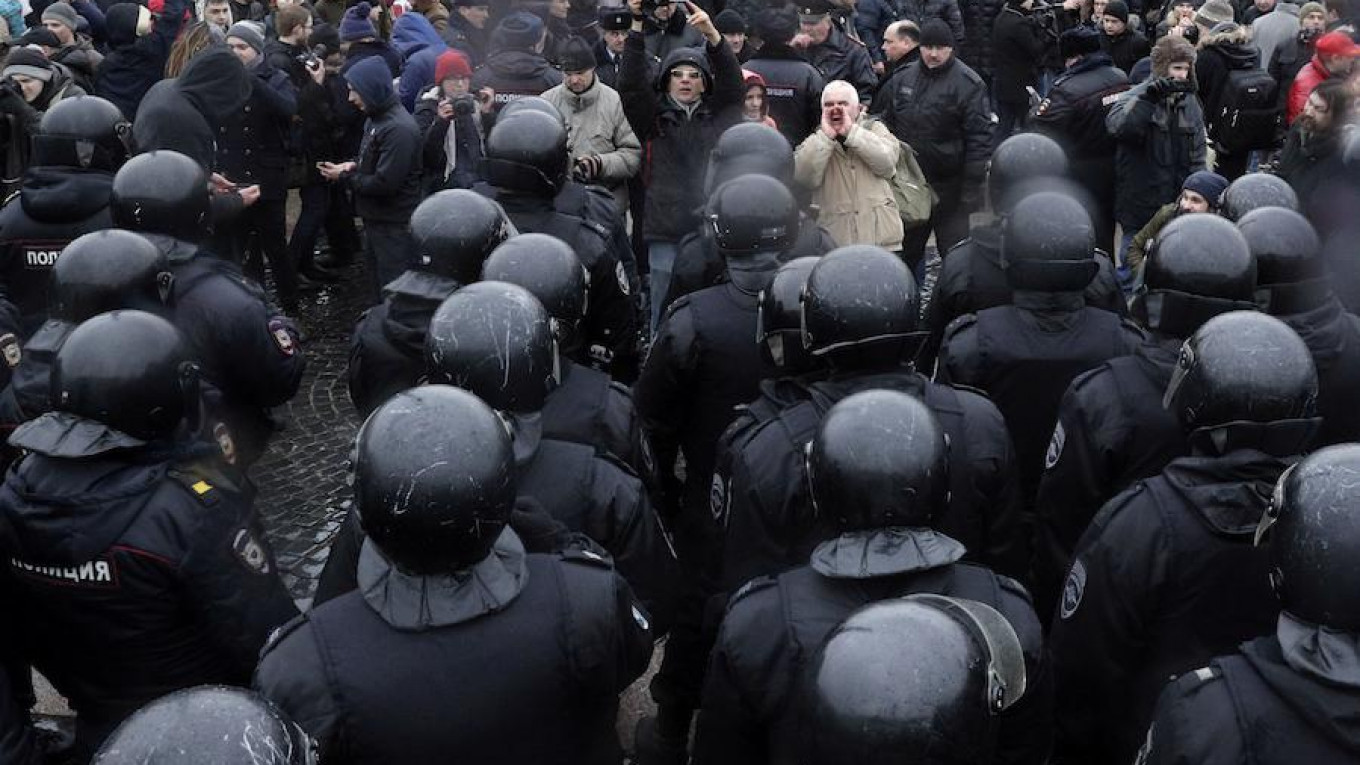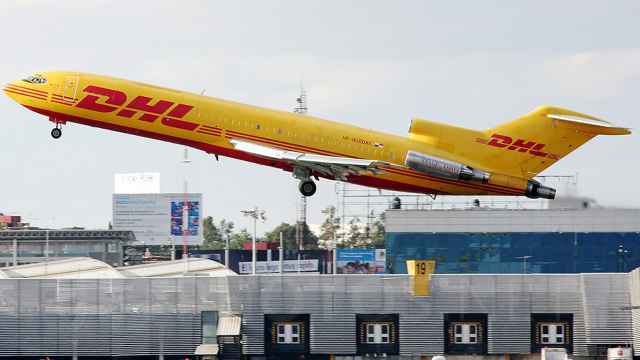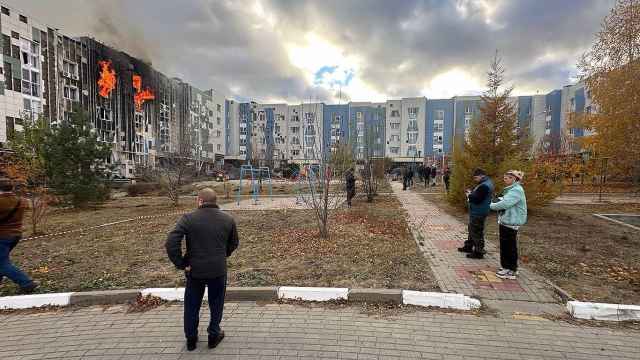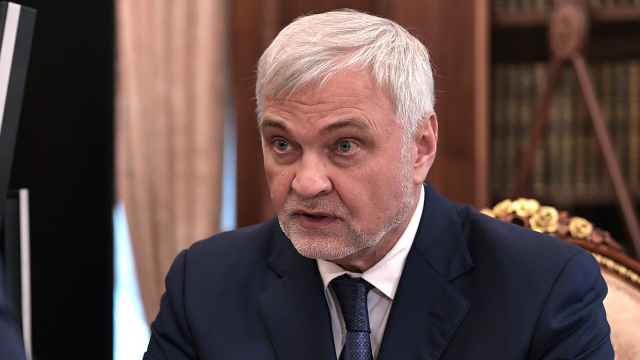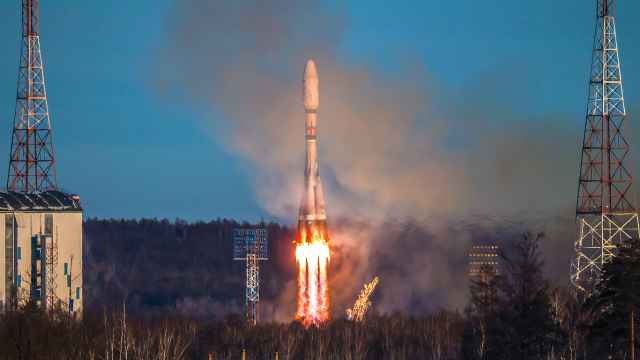On Sunday March 26, Russia saw its biggest protests in years. From Vladivostok to Kaliningrad, Russians took to the streets to demand an end to corruption.
The man who brought them to the streets was Alexei Navalny, leader of the 2011-12 anti-Putin protests on Bolotnaya Ploshad. His video revealing the extent of Prime Minister Dmitry Medvedev's wealth shocked Russians and brought a group previously unseen on the streets, the so-called "Putin generation" born after the collapse of the Soviet Union, out in protest.
The Moscow Times has compiled some videos and photos from events outside Moscow. Many of these cities have not seen street protests since 1991.
When Moscow was still sleeping, the protests began 11 time zones away in the Russian Far East. Here are young protesters holding hands as police try to break up crowds in Vladivostok, on Russia's Pacific coast.
This is the moment police moved in and started grabbing random protesters from the crowd.
One of the protesters detained was this young woman.
Then the crowds moved to the local police station, demanding police release the detainees.
Outside the police station, they chanted "We do not give our own up!"
Here is a crowd in Khabarovsk, a region in Russia's Far East, shouting "Russia without corruption!"
Still in Khabarovsk, here is a crowd shouting at police after they detain protesters. They are heard crying: "Traitors!" and "Your pay is more important to you than your conscience!"
Still in Siberia, here are protesters in Omsk. "I welcome you regardless of your political beliefs," the speaker tells protesters.
Also in Omsk, authorities tried to end the protests by suddenly deploying snow ploughs and declaring the streets urgently in need of cleaning.
Similar tactics were used in Naberezhniye Chelniy, a city of half a million people in Tatarstan, where snow ploughs were also deployed in an attempt to end the protest.
In Tolyatti, a city in central Russia, authorities declared urgent road works in the middle of the protest.
In Orsk, an Ural city in the Orenburgh region, authorities banned the protest and said a "festival" was taking place instead. Here it is:
In Tomsk, Siberia, a 12-year-old boy took the microphone and told the crowd: "It's wrong that we can get bad grades for not drawing a nice picture of the authorities in school. We need to change this system."
Here's a video from Barnaul, in Siberia. The crowd is chanting: "'We have had enough of tolerating this!"
Here are crowds in Yekaterinburg, Russia's fourth biggest city, chanting: "We'll be back!"
Here's a video from Saratov, central Russia, of crowds chanting "Russia without thieves!"
Snowy Kirov, where Alexei Navalny faced court for fraud allegations [which he claims the authorities fabricated to shut him up], also protested.
St. Petersburg saw extraordinary scenes when thousands of protesters chanted "Putin is a thief" outside the Winter Palace.
Even Makhachkala, in Dagestan, held a protest (This is a city where Putin supposedly gained 92.8% of the vote in the 2011 election).
Meanwhile, in Russian-annexed Crimea (and Ramzan Kadyrov's Chechen capital Grozny), everything was quiet.
A Message from The Moscow Times:
Dear readers,
We are facing unprecedented challenges. Russia's Prosecutor General's Office has designated The Moscow Times as an "undesirable" organization, criminalizing our work and putting our staff at risk of prosecution. This follows our earlier unjust labeling as a "foreign agent."
These actions are direct attempts to silence independent journalism in Russia. The authorities claim our work "discredits the decisions of the Russian leadership." We see things differently: we strive to provide accurate, unbiased reporting on Russia.
We, the journalists of The Moscow Times, refuse to be silenced. But to continue our work, we need your help.
Your support, no matter how small, makes a world of difference. If you can, please support us monthly starting from just $2. It's quick to set up, and every contribution makes a significant impact.
By supporting The Moscow Times, you're defending open, independent journalism in the face of repression. Thank you for standing with us.
Remind me later.


